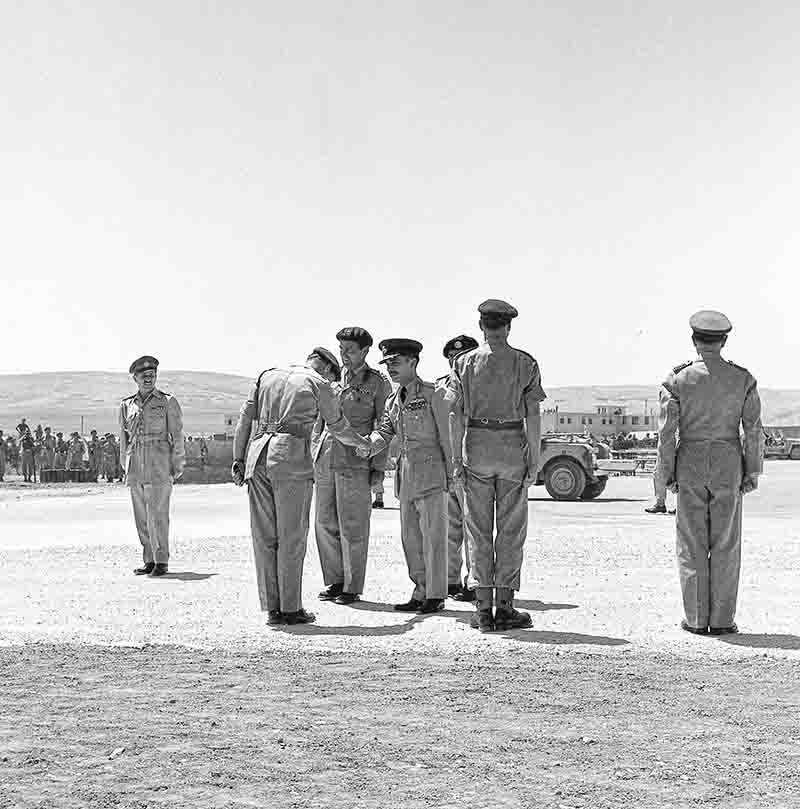On August, 12th 1958, the trial of a group of accused persons involved in an attempted overthrow of the government on 14 July of the same year commenced in the Jordanian Capital, Amman. The attempted coup, led by a group of army officers, sought to overthrow King Hussein and his government and replace them with a republic.
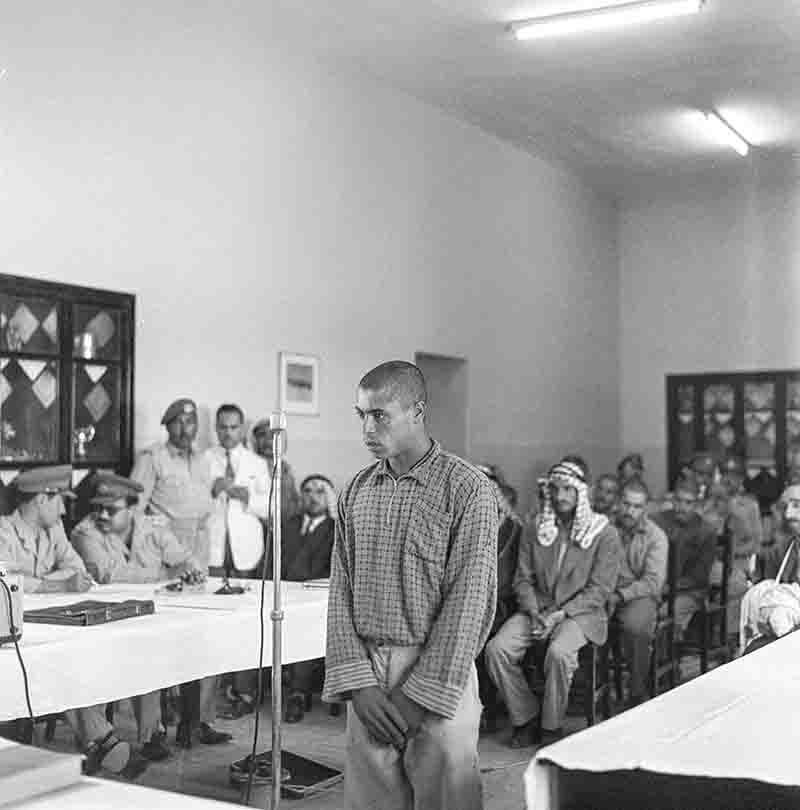
The Jordanian government arrested 60 military personnel for their involvement in the military rebellion.
The attempt to overthrow the Jordan Monarchy
A group of army officers known as the Free Officers Movement sought the removal of King Hussein from power in order to replace him with a republic.
The operation began in the early hours of the morning when the Free Officers Movement took control of key government buildings and military bases in the capital Amman. They announced their intention to abolish the monarchy and establish a republic, and called on the population to support them.
The state attack was met with strong resistance from King Hussein and his supporters. Despite initial gains by the Free Officers Movement, the rebellion was ultimately unsuccessful. King Hussein retained his power and was able to restore order to the country.
Failed Attempt to Establish a Republic in Jordan

The coup attempt was aimed at overthrowing King Hussein and his government, and replacing them with a republic.
The trial was held in a military court and was attended by high-ranking government officials, as well as international observers. The defendants included several military officers who were accused of leading the coup attempt, as well as civilians who were accused of supporting it.
The prosecution presented evidence that the defendants had planned and executed the coup attempt, and had sought to overthrow the monarchy and establish a republic. The defendants pleaded not guilty to the charges and argued that they were motivated by a desire to bring political and social reforms to the country.
Jordan's 1958 Attempted Coup
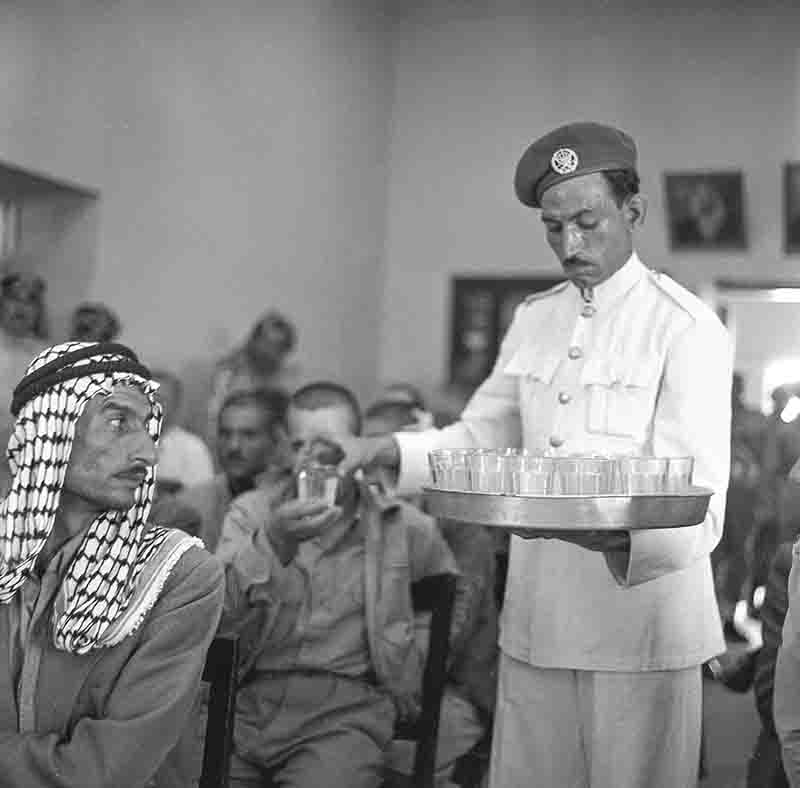
After the hearing that lasted several weeks, the defendants were found guilty and sentenced to varying prison terms. Some of the military officers were given life sentences, while others received shorter prison terms. The civilians who were found guilty were also given prison terms. Thirteen defendants were sentenced to death for subversion against the government of King Hussein of Jordan.
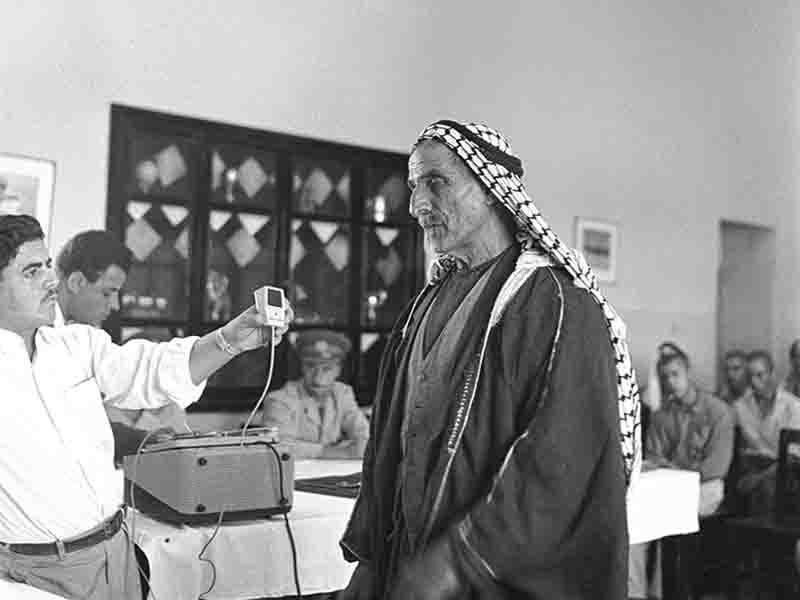
The incident is also known as the "14 July Revolution" and the "1958 Arab monarchy overthrow attempt
The trial of the individuals who participated in the the failed plot in Jordan in 1958 was a significant event in the country's history. It marked the end of the coup attempt and the restoration of order to the country. It also highlighted the determination of the government to hold those responsible for the coup accountable for their actions.
King Hussein's restores order after coup attempt
The failed revolution of 1958 and the subsequent court decision are considered a turning point in Jordan's modern history. It marked the end of an era of political instability and the beginning of a new one in which the monarchy remained in power but with a more active role in the political life of the country.
The event also serves as a reminder of the political instability that Jordan faced in the 1950s. The country has since then faced several challenges but it has managed to maintain stability and continuity.

The attempted coup of 1958 is widely considered as a significant event in the Hashemite Kingdom of Jordan's history as it marked the first time that the country's monarchy was challenged.
Consequences of the Iraqi coup d'état
On July 16th 1958, the United States received intelligence reports that a Nasserist plot against King Hussein was set for the next day. After the information was rushed to King Hussein, he appealed for Western forces.
More than once, the CIA intelligence service assisted Hussein to remain in power, all the way from foiling the attempted coup in 1958.
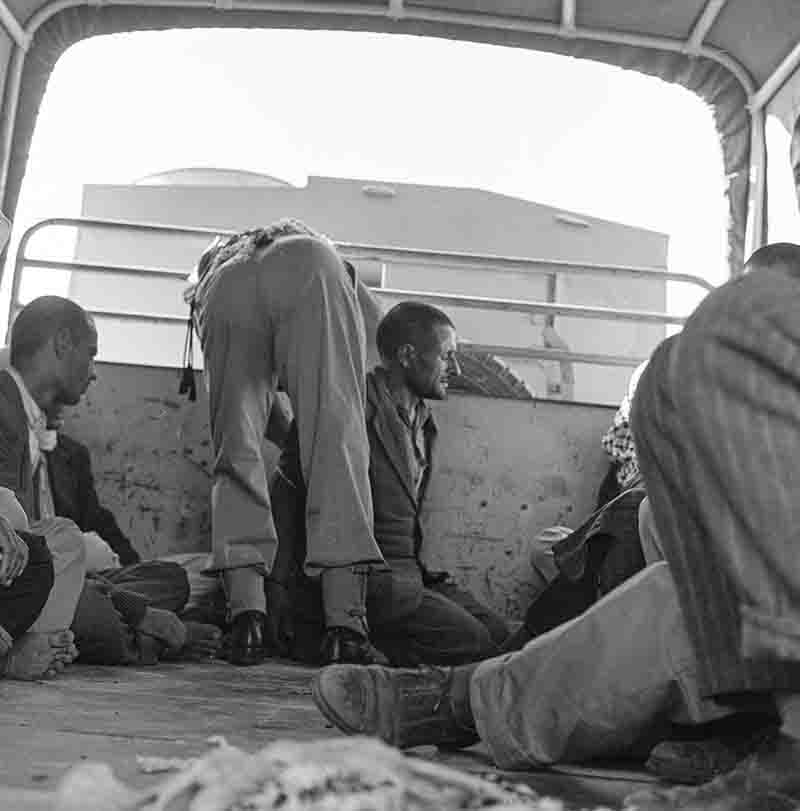
The leaders of the coup were arrested, and some were executed. The event is also known as the "14 July Revolution" and the " 1958 Arab monarchy overthrow attempt.
The British government, eager to see the pro-Western Hussein secure in Jordan, stationed British paratroops in the country until late 1958. As a result, anti-Hashemite Palestinians supported by Nasser made no further attempts to overthrow the monarchy. King Hussein retained his power with support from the United States and Britain.

